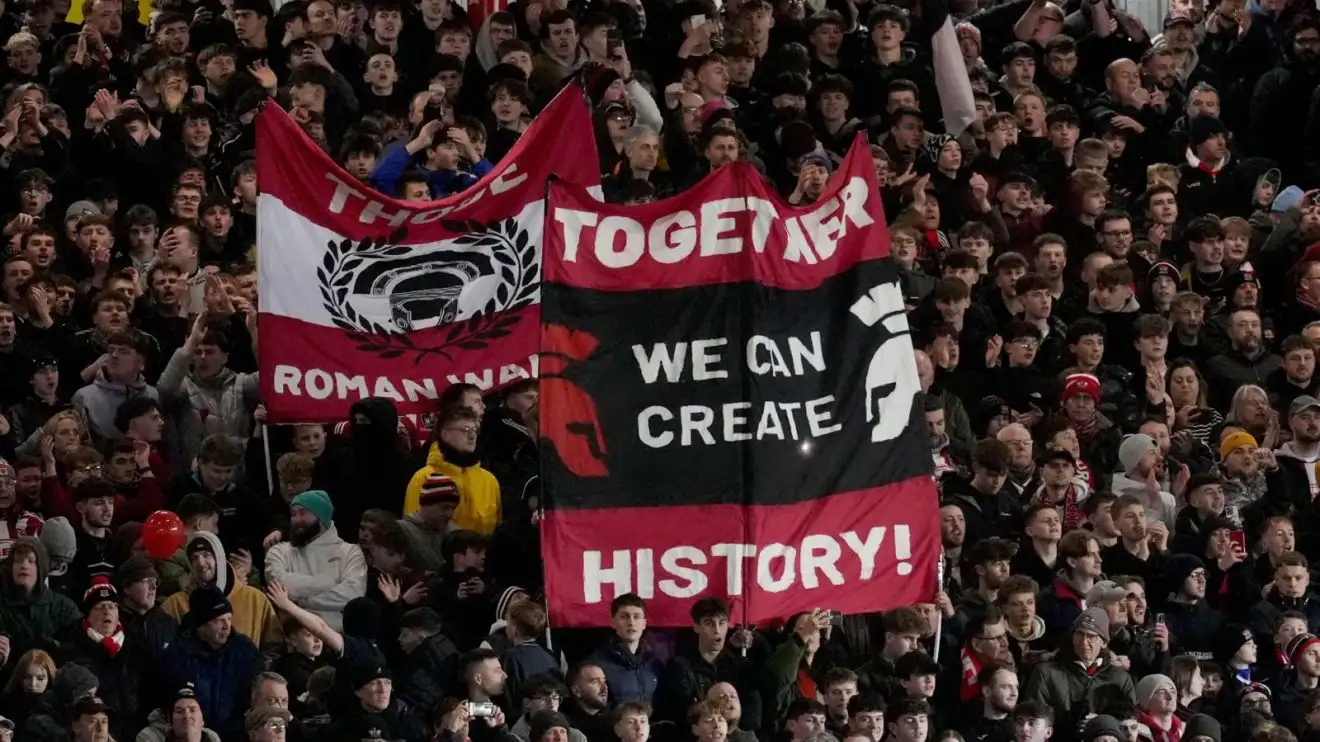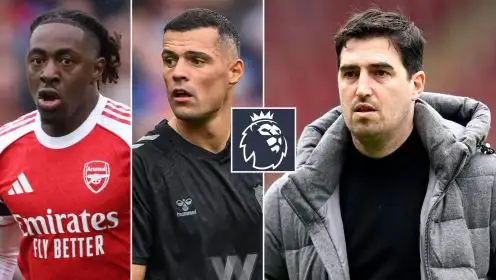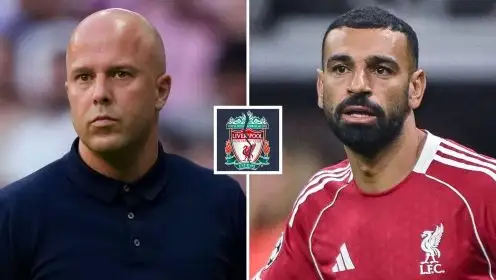Exeter City and their fan owners: From buckets to boardrooms

When Exeter City faced the ignominy of relegation from the Football League in the spring of 2003, their fate looked sealed. Debts in excess of £4million, directors under arrest and a stadium in urgent need of repair spelled disaster for a club once comfortably rooted in Devon’s football landscape.
What followed is one of English football’s most remarkable and under-played success stories: supporters stepping in, taking control and guiding the club back into the Football League, all while maintaining fan ownership and historic ideals.
The story began with the formation in May 2000 of the Exeter City Supporters’ Trust (ECST). Initially born to ‘assist in the payment of a player’s salary’, the Trust quickly changed tack when the club’s governance proved opaque and unstable.
By February 2003, the momentum was unmistakable: 22 Trust members voted to change the constitution from mere ‘support’ of the club to outright ownership. And it was a timely intervention. In May of that year Exeter were relegated to the Conference and three senior figures associated with the club were arrested in an investigation of financial irregularities.
At this point the then-owner, Ivor Doble, asked the Trust to take over the day-to-day running of the club. By September 2003, the Trust had purchased the majority shareholding – reportedly for about £20,000, a sum that bought control but also saw them inherit a staggering £4.5million of debt.
To stabilise the club, a Company Voluntary Arrangement (CVA) was negotiated, accepting roughly 7.1p on the pound for creditors. The home ground, St James Park, needed urgent attention; the Trust organised volunteer work parties to renew terraces, repaint and bring the stadium up to playing standard.
Crucially, the new board made a strategic decision that underpinned Exeter’s future: they protected the academy. This turned out to be one of the shrewdest pivots in Exeter’s modern story. The club became a talent factory, producing players who would be developed and sold on – a sustainable model in stark contrast to clubs reliant on wealthy benefactors.
From those dark times the club began to rebuild. The famous FA Cup tie against Manchester United in January 2005 – a goalless draw at Old Trafford followed by a 2-0 defeat at home – generated almost £1million and helped clear the debts. In June 2008, membership of the Trust passed 2,500.
On the pitch, the results gradually followed. After years in the Conference, Exeter regained Football League status with promotion from League Two in 2008. A promotion to League One followed in 2016. The club’s steady climb is a reflection of the board’s policy: modest budgets, clever recruitment, academy development and avoidance of the financial recklessness that has cost so many clubs dearly.
In September 2023 the club celebrated 20 years of Trust ownership. Elaine Davis, a volunteer and then-director of the club, told ITV News: “When things started to go pear-shaped the thought that the whole club could go under was just too much. We knew we had to save it for the city.” And chairman Nick Hawker added: “The progress that we have made over the last 20 years is really significant.”
Financial reports reinforce the achievement. The club and Trust announced in February 2021 that Exeter had repaid an interest-free loan of £830,058 from the Trust, demonstrating not just survival but principle in action. In an era when clubs like Bury, Bolton and others have crashed through financial collapse, Exeter’s model has stood out as one of sustainability and supporter engagement.
Of course, this journey has not been without headaches. In June 2014 Exeter accepted a short-term £100,000 loan from the Professional Footballers’ Association (PFA) to help with running costs, which drew criticism of the Trust’s governance. The board of the club was restructured and the Trust increased its representation on the board to 50%. But rather than these being evidence of failure, the willingness to be transparent and restructure is itself illustrative of the corporate maturity the Trust has brought to the club.
Today Exeter remain one of the most remarkable examples of fan-ownership in the UK. The Trust’s ‘overview’ reports more than £2million donated since 2003 and volunteer time estimated at £250,000 per annum. Membership remains strong; as the club said in 2023, ‘around 3,700 Exeter City supporters retain their faith in the Trust ownership model and continue to support it’.
The club have built a reputation for developing talent and feeding the modern game. As Tom Greatrex, vice-chair of the Football Supporters Association, reflected in 2021: “The next time somebody claims sustainability in football is impossible, I’ll point them in the direction of Exeter City where supporters have helped create a thriving community-club with a very competitive team on the pitch.”
It is fitting to note that the journey did not end when Exeter returned to the Football League. This model allowed them to climb again, compete sensibly and improve infrastructure without the existential threat that hung over them in 2003. Maintaining fan influence through democratic representation – the Trust board members elected by around 4,300 members in recent years – ensures accountability is built into the club’s governance.
Looking back, the transition from bucket collections and volunteer labour to boardroom governance and sustainable business practice may seem improbable at a club with the resources of Exeter. Yet it happened.
As fans chant “we own our football club”, they are not indulging in hyperbole: they mean it. The next chapters will test the model further: Can fan-ownership scale? Can the model thrive in League One? Can Exeter sustain their progress without abandoning the values that saved them? If history is a guide, then the club will be in safe hands.
From the brink of extinction to the relative comfort of the EFL, Exeter City’s 20-year fan-owned journey is a testament to what collective endeavour, passion and democracy can deliver in the modern game.
To learn more about Pledgeball and how you can pledge to help your club shoot up the sustainability standings, visit Pledgeball.org.





